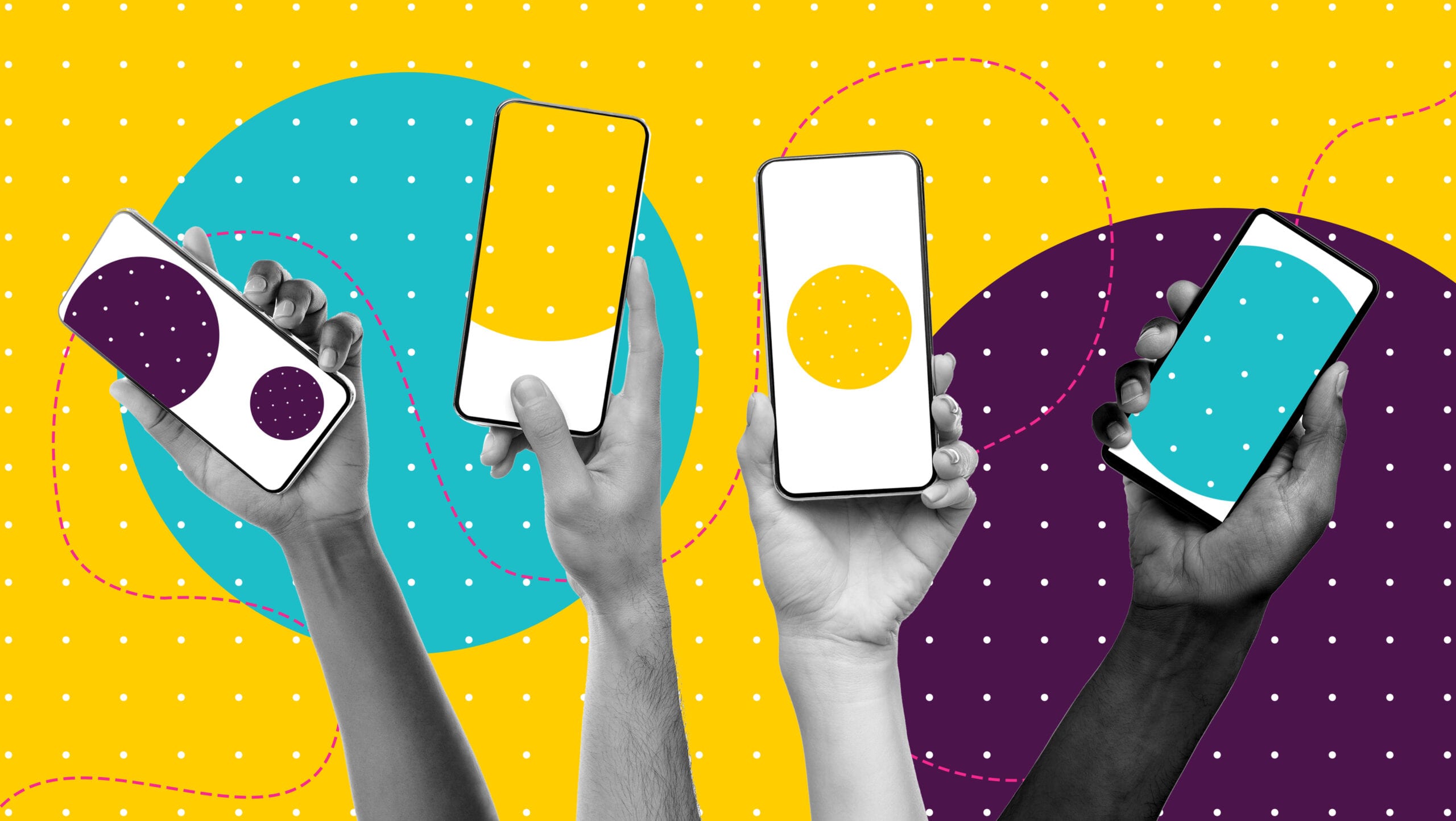With schools closed and community events cancelled due to COVID-19, LGBTQ2 youth expert Jen Gilbert says it’s more important than ever for young people to stay connected with each other online. An associate professor in York University’s Faculty of Education, Gilbert centres her research around LGBTQ2 youth, teachers, families and sex education in schools. She is the author of Sexuality in School: The Limits of Education, an award-winning textbook that considers the intersection of LGBTQ2 sexuality and gender with teaching and learning.
Gilbert is currently working with the Beyond Bullying Project to set up private storytelling booths in high schools across the U.S. where students, teachers and community members are able to share stories about queer or trans issues. They will use those stories to understand how gender and sexuality are being talked about in schools, beyond bullying. The project currently runs in San Francisco, New York and Minneapolis, and is launching in Toronto this fall.
Earlier in her career, Gilbert worked mostly with AIDS organizations doing educational work. This led her to study HIV/AIDS education in graduate school and to explore the growing overlap between sex education and LGBTQ2 issues. “It’s just always been a real passion of mine, helping prepare beginning teachers to feel comfortable addressing gender and sexuality in their classroom, regardless of whether they’re teaching kindergarten or high-school math,” Gilbert says.
Xtra spoke with Gilbert about how LGBTQ2 youth can cope with self-isolation and how they might celebrate Pride this year with physical distancing still in effect, amid ongoing protests over police brutality and anti-Black racism.
Why do you think it’s important for the LGBTQ2 community to stay connected for Pride during the COVID-19 pandemic?
I think for young people, especially young people who live at home with their parents, they may not have the same kind of access to queer and trans communities that they did prior to the pandemic. I think that, as difficult as school can be for many queer and trans youth, it also is a place where queer and trans young people come together and make friends and have networks.
But youth are not a homogeneous group, are they?
For some young people, this time away from school and away from the social demands of everyday life might feel like a break from the harassment they face at school. But for other young people, it’s a real challenge, and they may be sheltering in place at home with families that aren’t supportive. It’s important that those young people really reach out and try to connect with their friends, communities, teachers and adults that they trust. I don’t think it replaces the thrill of in-person contact—and it certainly doesn’t replace the giant party that Pride is—but it’s something.
Because most events replacing Pride this year will be virtual, what can youth without internet access or safe internet access do?
I will say that youth are pretty savvy about how to stay connected while shielding it from their parents, but I don’t know. As more and more things open up, even slightly, it’s going to make a huge difference. You can now stand outside of Starbucks and get access to the internet. And I hope that as things do open up, we really pay attention to making sure that we’re supporting those youth who have been hardest hit by the lockdown.
How do you think LGBTQ2 youth can achieve visibility during this month without physically taking over the streets?
Lots of young queer and trans people are incredibly media savvy, social media savvy. I follow lots of the really amazing things that people are putting up on social media. Just the ways in which they’re creating content and sharing it with each other—it really does blow my mind.
How do you think the current Black Lives Matter protests will affect Pride this year?
I think it’s a reminder of the radical roots of Pride itself—the important ways that Pride has its history in the protests of Black and racialized trans women fighting against police violence. There’s something about the current protests that remind us of that history. Also, in the past number of years, the Black Lives Matter movement has pushed Pride to eliminate police presence in the parade and be more responsive to the needs of Black and racialized queer and trans folks. I think this is a wake-up call for LGBTQ2 communities.
How can LGBTQ2 youth cope with some of the feelings of loneliness, anxiety and isolation?
Go to workshops online, listen to music online that’s being performed live, go to talks. Use the time to explore stories and histories and art that are now available online and that point to this really rich, amazing history of protest and resistance that they are a part of. I have been really impressed with community organizations, arts organizations and community centres in the ways they have really tried to be creative about putting some of their services and events online.
This interview has been edited for clarity and concision.


 Why you can trust Xtra
Why you can trust Xtra


